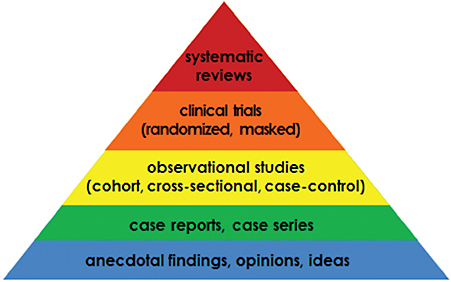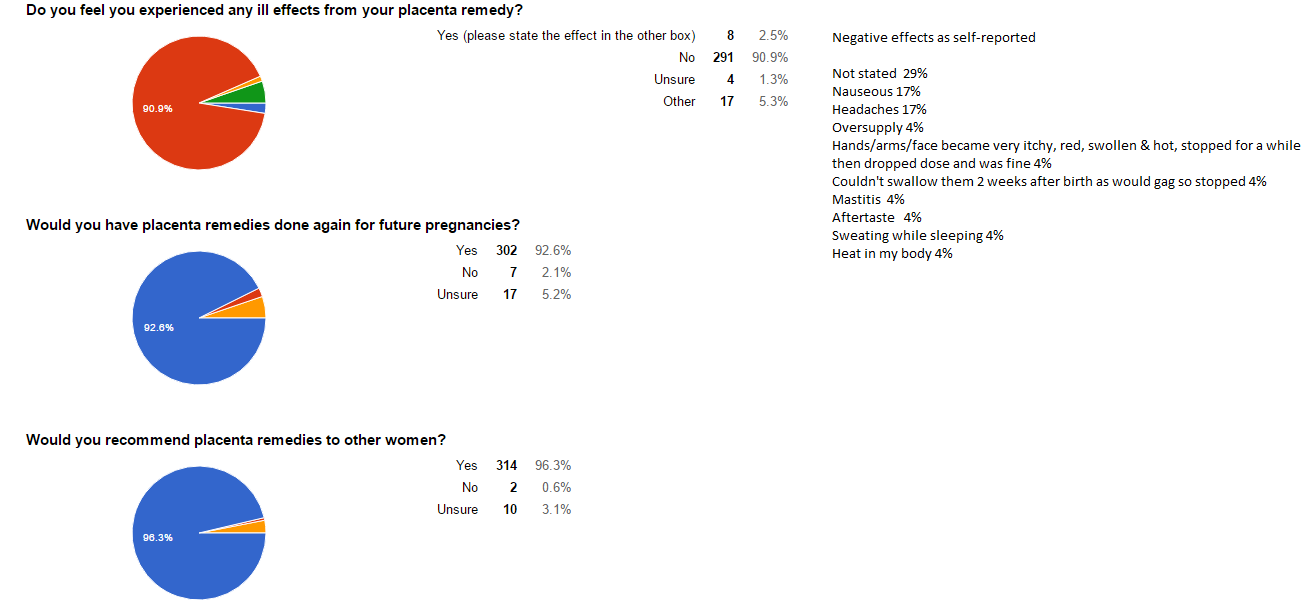|
One of the arguments around placentophagy is that there is no placenta encapsulation research to back it up.
Yes, compared to other subjects there is little in the way of studies. Let's take a look at why that is and how to evaluate the research that is available. What makes a good scientific research study? David Levine has written an easy to understand article with relevant examples that make sense for the average woman researching her options. You can read the whole article here but I'll summarise the main points for you below:
1. Does the study provide context for the data? If you read a paper that said no-one in Adelaide had encapsulated their placenta, but the researchers had only asked 10 people, you would realise that this study size isn't appropriate for a city with a population of approximately 1.2 million people. How many subjects are in the study? The sample size is important.
2. How meaningful is this study? Did you know that there are different levels of placenta encapsulation research? At the top are systematic reviews such as those done by the Cochrane database (no mention of placenta encapsulation there yet) all the way down to things like opinions of respected authorities that are based on their clinical experience. So something like Professor Claire Robert's opinion on getting your placenta encapsulated based on her clinical experience would be down the bottom of the pyramid. Other research like the nutritional value of placenta pills would rank higher.
3. What is the angle of the person reporting the study?
Given that there is so little research about placenta encapsulation, anything that pops up is quickly reported as negative. Just take a look at some of the headlines : "Eating the placenta after birth carries no health benefits" "The deadly risk of eating your placenta" "Eating placenta pills made baby sick" Yet if the reporters took the time to read and analyse the study, such as was done in this report on GBS and placenta encapsulation, instead of coming up with click-bait headlines, it would give a more accurate representation of the results and information. 4. Who could benefit from the study? I think this is one of the strongest reasons why there is so little research about placenta capsules. Big corporations don't benefit from the process. The mothers may benefit from taking the capsules. A small network of professional encapsulators who run a small business may make some income from it but there aren't thousands of dollars to pour into research. In fact, one of the most recent studies was crowd-funded. Over $8000 to research a handful of placentas to find out what effect encapsulation has on the hormones contained in a placenta. If this were an industry where millions of dollars could be made, then I guarantee that someone would fund the necessary research. 5. How effective is the treatment and what are the side effects? Scientifically we don't really know. There are animal studies that show benefits such as an analgesic effect from placenta consumption but no human studies yet that don't have methodological limitations like this old study on placenta as a lactogen or that aren't anecdotal reports. For now, I guess we'll have to rely on the feedback we get from clients and the smaller studies that are being done on the nutritional and hormonal value of placenta capsules. As for possible side effects, the only ones that are reported by clients are minor. Effects such as the unpleasant taste of placenta capsules for some or headaches and oversupply of breast milk. Other theoretical risks include the spread of infection such as HIV/AIDS, Hepatitis to the encapsulator, heavy metal accumulation in the placenta, thromboembolic events caused by potentially active estrogenic compounds in placental tissue and food poisoning if the placenta isn't handled correctly. It is up to the individual to weigh up the pros and cons of placenta encapsulation for themselves.
6. How much does the new drug or intervention cost?
Well if you do it yourself, placenta pills can cost nothing other than your time. If you get an experienced professional to process your placenta safely for you, it will cost around $250-$300 on average in Australia. 7. Did the study compare the new treatment to existing alternatives or to placebo? And if so, how much better is this new treatment and how expensive will it be? "Scientific research on the use of placenta remedies as a unique and cheap therapeutic treatment for women suffering from pathologies like anaemia, depression or lactation difficulties, does not exist" - Sophia Johnson So there you have it. I think we can all agree that additional scientific research on placenta encapsulation and placentophagy is needed. I haven't linked all the available research here, you can find more over at Placenta Services Australia and I believe new study results are coming out soon so check back for updates. Perhaps you'd like to take one of the research papers linked above and do your own review using the information presented here. If you do, please share it with me. I'd love to know what you think and I'm sure my readers would too. Comments are closed.
|
freebiesPrepare for an easier fourth trimester with these 25 Secrets From A Postnatal Doula!
blogs
All
About MeKelly Harper is the owner of Elemental Beginnings Doula & Placenta Services in Adelaide. She provides sleep consultancy, placenta encapsulation and doula services to families during pregnancy, birth and in their fourth trimester. |
|
© 2023 Elemental Beginnings |
|
PREGNANCY, BIRTH & POSTNATAL SUPPORT DELIVERED WITH ❤ THROUGHOUT ADELAIDE & SURROUNDS



